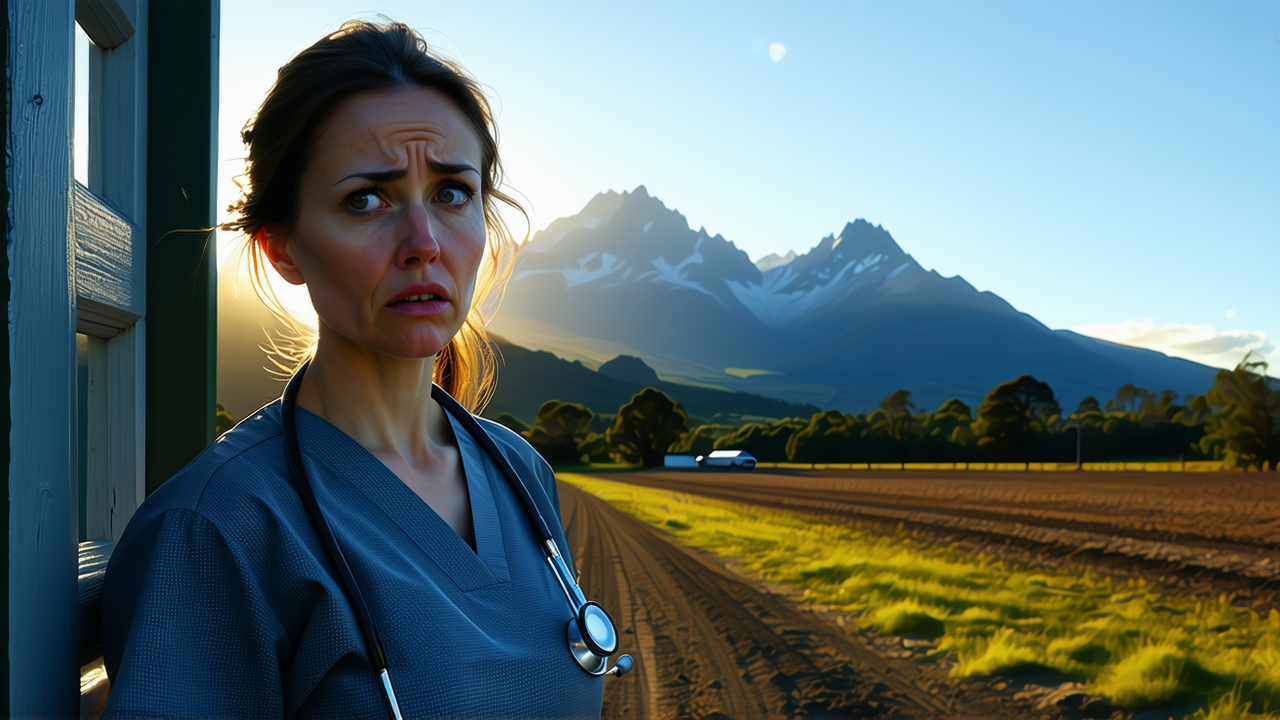New Survey Warns of Looming Exodus of General Practice and Rural Doctors in New Zealand
New Survey Warns of Looming Exodus of General Practice and Rural Doctors in New Zealand
A new survey has raised serious concerns about the future of general practice and rural healthcare in New Zealand, warning of a potential mass exodus of doctors from these critical areas. According to the Royal New Zealand College of GPs, the survey of over 1,300 doctors reveals that many are on the verge of leaving the profession or the country altogether.
Thirty-four percent of the general practitioners surveyed plan to retire within the next five years, while 17 percent are already at or over the retirement age. More than half of the GPs and over a quarter of rural hospital doctors have reduced their working hours in the past year. Alarmingly, 18 percent of GPs and over a quarter of rural hospital doctors are considering leaving New Zealand, signaling a growing crisis in the healthcare system.
Dr. Luke Bradford, President of the Royal New Zealand College of GPs, emphasized that the current model of general practice is struggling to meet the needs of both patients and doctors. He highlighted that the pressure on GPs, including the outdated 15-minute consultation model, is leading to excessive workloads and burnout. 'About 40 percent of our time is not with patients, trying to do follow-up work, and there's no recognition of that,' he said.
Bradford stressed that GPs need to be funded for longer appointments to better serve patients. 'Some people only need 15 minutes, but some people really do need that longer time,' he said. 'We should be able to recognize that and give it to the patients without them necessarily having to pay high fees for it.'
While the government has taken steps to address the shortage, such as establishing a new medical school in Waikato and increasing GP training funding, Bradford believes more needs to be done. He noted that New Zealand has only about 70 GPs per 100,000 people, compared to 120 in Canada and over 100 in Australia. Despite these challenges, he remains confident in the general practice model as a cornerstone of a healthy society.
‘The general practice model is absolutely fundamental to a functioning and healthy society and functioning medical and health service,’ Bradford said. ‘We have continuity of care, prevention, and looking after people with chronic diseases. Yes, we have to adapt. Yes, we have to change the model so that people can get to see people who they need at the right time. But, no, absolutely, the general practice model isn't dying.’
As the healthcare system grapples with these challenges, the need for immediate action is becoming increasingly urgent. The survey underscores a critical moment for New Zealand, where the future of general practice and rural healthcare hangs in the balance.
